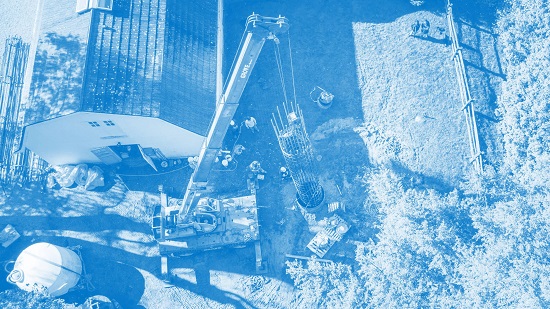 Monday, September 30, 2024
Monday, September 30, 2024  Monday, September 30, 2024
Monday, September 30, 2024 
Over-reliance on fossil fuels is one of the most significant barriers to achieving a more sustainable future. If we hope to achieve the limits to rising global temperatures set out in the 2016 Paris Agreement, our cities will need to be built in such a way that fossil fuel usage is decreased drastically.
Space heating consumes immense amounts of natural gas in urban centres around the world, for example, and is one of Canada’s largest sources of CO2 emissions. Implementing more sustainable alternatives could make an enormous difference in the fight against climate change.
At the same time, we need to find more innovative ways to distribute power within buildings. One of the best ways to do this is to apply greater intelligence and automation to the use of electricity. Today, too much energy is lost to inefficient conversion systems.
It’s precisely these types of challenges that Ryerson researchers and innovators are tackling to create a more sustainable future in Canada and beyond.
Geothermal — using the crust of the earth to heat and cool buildings — has the potential to revolutionize the HVAC industry. Not only is it energy-efficient and environmentally clean, but it can also be one of the most cost-effective space conditioning systems available. However, to drive more widespread use of geothermal, work is needed to refine the design of systems so that they can be incorporated directly into the components of a building’s foundation.
Ryerson researcher Seth Dworkin is focused on helping to take geothermal to the next level in terms of efficiency and scalability. In countries such as Sweden and Switzerland, as much as 75 percent of homes use geothermal systems, but there’s huge potential for an increase in North America and in commercial buildings all over the globe.